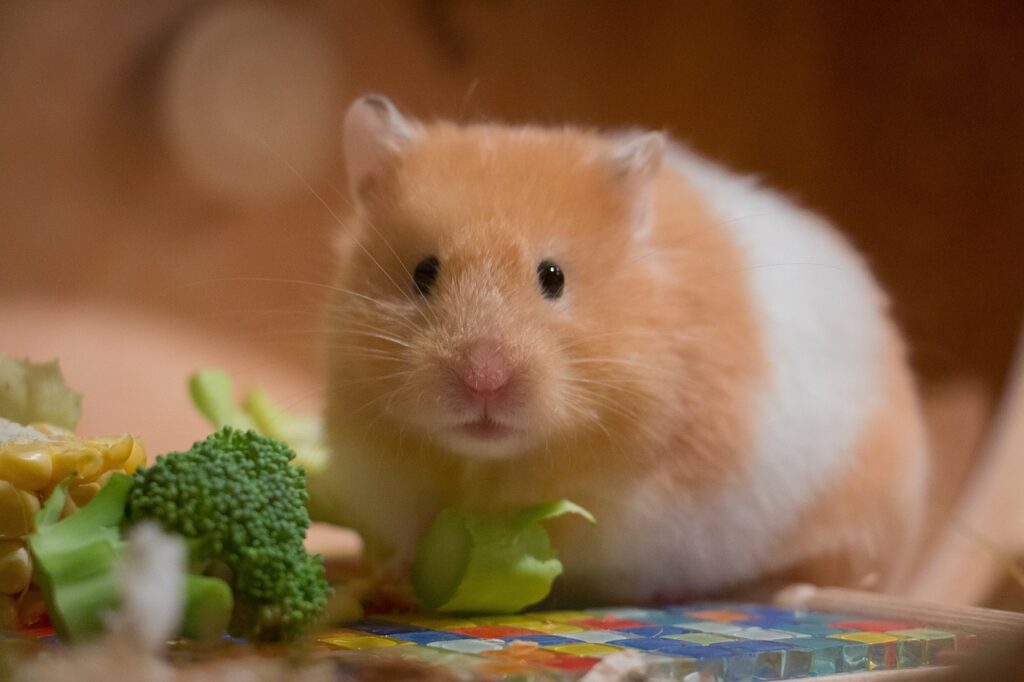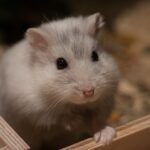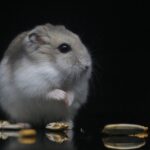Can Hamsters Eat Sunflower Seeds? — Unveiling the Truth Behind this Nutritional Query
Hamsters, those adorable little furry creatures, are known for their voracious appetite. As responsible pet owners, it’s crucial to ensure that every morsel we feed them aligns with their dietary needs. One food item that often perplexes hamster owners is sunflower seeds. In this article, we will delve into the question: Can hamsters eat sunflower seeds? Let’s explore this nutritional query and shed light on the benefits and precautions associated with these tiny, energy-packed seeds.
Exploring the Nutritional Advantages of Sunflower Seeds for Hamsters
Sunflower seeds bring a plethora of health benefits to our furry friends. They are a rich source of protein, healthy fats, and essential vitamins and minerals that support a hamster’s overall well-being. These seeds provide a substantial boost to their energy levels, promoting an active lifestyle. Furthermore, the vitamin E content found in sunflower seeds contributes to their hamster’s immune system, ensuring a stronger defense against potential illnesses.
With this in mind, it is essential to remember that moderation is key. While sunflower seeds offer nutritional advantages, they should be seen as occasional treats rather than a staple in a hamster’s diet. Including a small portion of sunflower seeds in their regular meals can add diversity and contribute to their overall nutritional intake, but overindulgence may lead to health issues, such as obesity or digestive problems.
Recommended Frequency and Quantity of Sunflower Seeds for Hamsters
The recommended frequency of feeding sunflower seeds to hamsters is around once or twice a week. While these seeds offer valuable nutrients, feeding them in moderation ensures a well-balanced diet for our furry companions. A small portion, approximately one teaspoon, divided into smaller servings, should suffice for a single feeding session. By adhering to these guidelines, we can provide our hamsters with the benefits of sunflower seeds while maintaining a balanced and diverse nutritional intake.
Potential Cautions to Keep in Mind
While sunflower seeds are generally safe for hamsters, it is important to exercise caution and be aware of potential hazards. Some sunflower seeds may come with added seasonings or preservatives, such as salt or oil. These additives can be detrimental to a hamster’s health, leading to complications such as dehydration or elevated sodium levels. Therefore, it is crucial to opt for plain, unsalted sunflower seeds specifically meant for hamster consumption. Additionally, always check the expiration date and avoid using rancid or spoiled seeds to prevent any adverse reactions.
Sharing the Goodness: Can Other Pets Enjoy Sunflower Seeds Safely?
If you have other pets, such as birds or squirrels, they can indeed benefit from sunflower seeds too! Birds often relish the taste of sunflower seeds and find them to be a valuable source of energy and nutrients. Likewise, squirrels are known to enjoy snacking on sunflower seeds, which can supplement their diet and provide essential fats and proteins. However, it is crucial to introduce any new food gradually and ensure it aligns with the dietary requirements of these animals. Always consult with a veterinarian or an expert to determine the suitability and portion sizes for alternative pet species.
Conclusion
In conclusion, when it comes to feeding our hamsters, sunflower seeds can be a delightful addition given their nutritional benefits. While they offer protein, healthy fats, and essential vitamins and minerals, it is important to exercise moderation and adhere to recommended feeding frequencies to prevent potential health problems. By opting for plain, unsalted sunflower seeds and avoiding any added additives, we can ensure the safety and well-being of our beloved pets. Remember, it’s always wise to consult with a veterinarian or an expert for personalized feeding guidelines tailored to your hamster’s specific needs, as each hamster is unique. So go ahead and treat your furry friend to some sunflower seeds, but remember that responsible feeding practices are crucial for their overall health and happiness.






